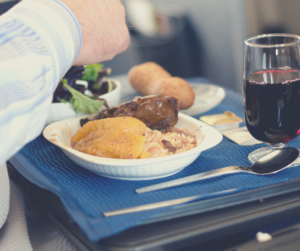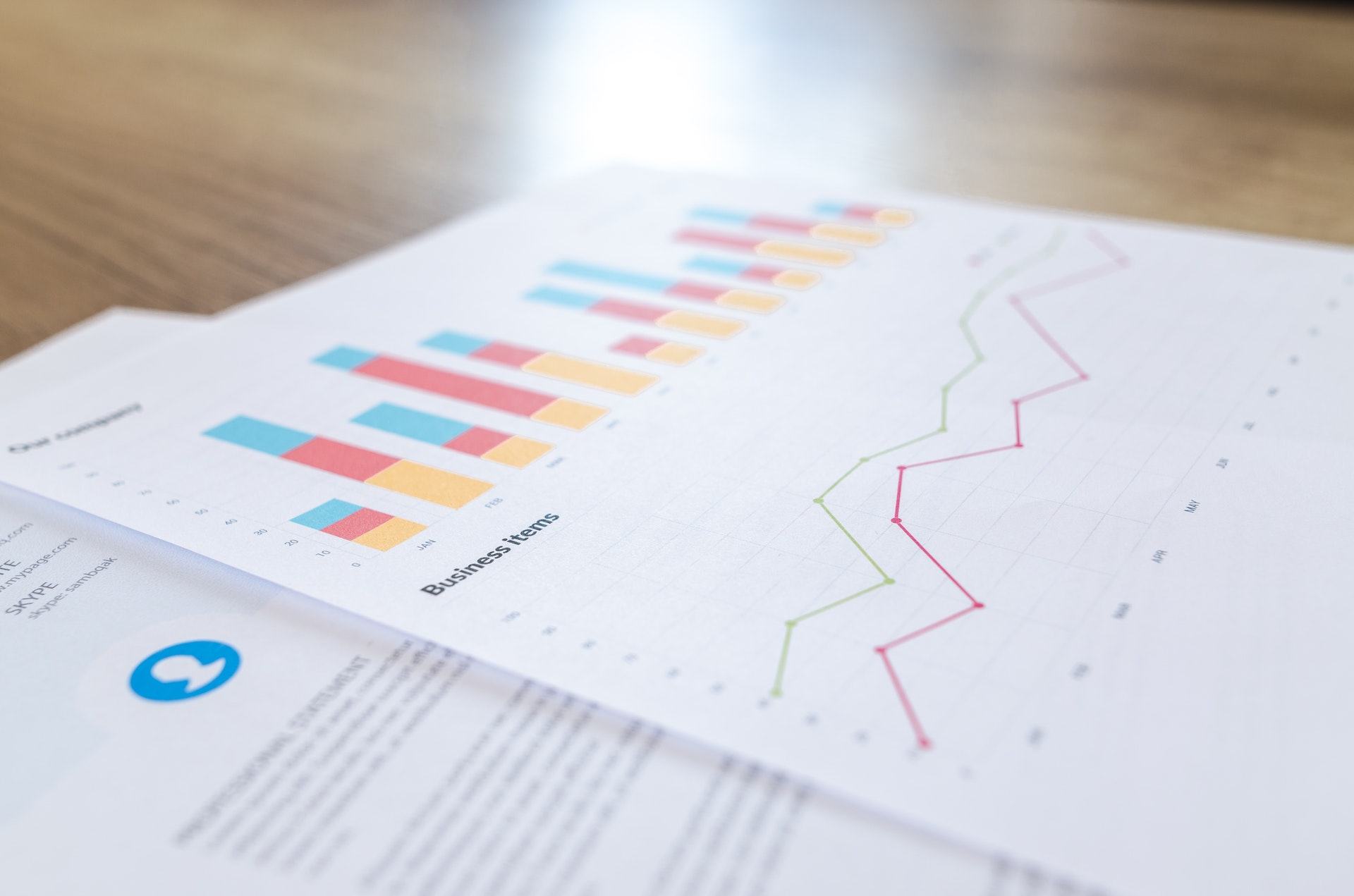As a small business owner, we want to make sure you get ALL the business deductions you’re entitled to so that you KEEP MORE MONEY IN THE BANK!
Meals are a fantastic deduction allowed to you AND 100% of your business meals are tax deductible in 2021 (instead of the usual 50%) so let’s make sure you are taking full advantage and know exactly what to ask your tax advisor in your mid-year check-in with them!
There are four general types of meal expenses that you, as a business owner can use to create a tax deduction.
1. Business meals
Business meals – you can deduct 100% (2021) of your bill when dining out with a business partner, client, vendor, colleague, employee or even a potential client when discussing business. I love this deduction and use it all the time.
My favorite is dining with colleagues to bounce ideas and strategy off of. I get a deduction while helping my business make more money. And right now is a great time to help local restaurants recover from a tough year.
Remember to always follow the rules and keep documentation

2. Meals on business trips
All meals when traveling for business are deductible, even when you’re eating by yourself.
A great way to save money on your taxes is to turn your trips and vacations into business trips. Ask your tax strategist, “How can I turn these planned vacations into business trips?” This allows you to create deductions out of what you were already doing…Saving you thousands of dollars!!

3. Food during events in the workplace
When you bring food into your office for training, meetings, or presentations it is a tax deduction. Bringing meals into your office increases productivity and efficiency. Creating a win-win for you and your employees!
4. Tax allowance for dinner when working overtime
When there’s overtime work and you give your employees let’s say $50 for dinner you get a 100% deduction. Plus it’s tax-free for the employees.
Now that you have an idea of what is deductible, it’s time to make sure you are keeping all the documentation you need to keep your meal deductions…
- Keep good records of your meals expenses.
- Write on the receipt – who you were with and the purpose of the expense.
- Take a picture of the receipt and upload it to a folder or accounting software for tracking.
- Keep bank statements or credit card statements to back up your receipts.
Bottom line is, food or meals, whether it’s consumed at a restaurant, a business event or just at your office, can add up to A LOT MORE DOLLARS in your bank account, if done correctly.
When deducting meals or any business deduction there are rules to follow. Always talk to your tax strategist to save the most money possible, maximize the strategy and get things set-up properly!
Right now my team is taking tax strategy calls. Saving clients thousands of dollars – Book Your Tax Strategy Call TODAY!

















